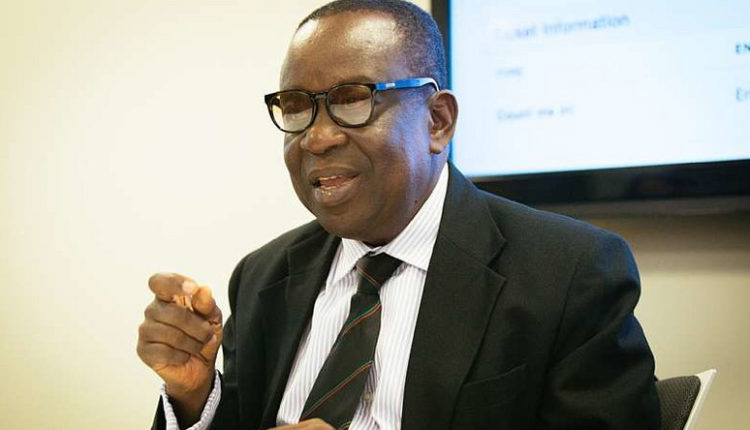The recent shooting incident during the just-ended Ayawaso West Wuogon Constituency by-election has brought to the fore of national discourse, the expectations of Ghanaians regarding the TRUE structure, role and relevance of National Security.
While it is explicitly clear that National Security plays a critical role in the nation, it appears flaunting them during elections is not what the people expect.
In the aftermath of Ayawaso West Wuogon, not only did Security Analyst, Adam Bonaa, call for the immediate resignation of the Minister of State in charge of National Security at the presidency, Mr Bryan Acheampong, but a section of the minority in Parliament also demanded the immediate resignation of the Inspector-General of Police, David Asante Appeatu.
In fact, so diverse are opinions over the development that Parliament has scheduled a meeting with the Ministers responsible for National Security and Interior to brief the House on the allegations of brutality that occurred.
This has escalated the conversation to what national security is all about.
By law, the Bureau of National Investigations (BNI) is the internal intelligence agency of Ghana, and is an integral part of the National Security Council, with undisclosed offices in all the regions.
Unfortunately, however, instead of its modus operando of an undercover agency, it is currently being ‘uniformed and overused’.
Although it has some police powers, operatives are not formal troops to be uniformed or deployed for combat.
They are to provide timely information to the police to act. That is all. What is happening today is very unusual and wrong. The SWAT (Special Weapons And Tactics) Unit is a regular police component, with a regular police officer as head and not national security operatives.
This had been the headache of the managers of security in the past decade, and it’s about time we worked on this, especially in the heat of elections.
In the military, there is what they call ‘marrying up’, where different branches of security agents are fused to operate in the same theatre. In such situations, an opportunity is created for these bodies to meet and familiarize ahead of the operation.
THE PUBLISHER, therefore, finds it surprising when a police commander reportedly claimed that the masked men deployed at Ayawaso West were not from his outfit.
This level of machismo became very notorious during the Rawlings era when 64 Infantry Regiment, under Gbevlo Lartey, even had a police station at the Burma Camp.
The unit started as the Forces Reserve Battalion (FRB) under the direct command of Dan Mishio and one Gborglah of the Military Police. It was later headed by Captains (Rtd) Huppenbauer and Tsatsu Tsikata. Although the name later became 64 Infantry Regiment and was integrated into the regular Armed Forces, its activities remained shrouded in secrecy, especially under Gen. Akafia.
This was the genesis of uninformed national security in Ghana, and continued under Gen. Smith and Col. Gbevlo Lartey.
To a section of Ghanaians, this proliferation of armed, masked security personnel at polling stations have rather become fertile ground for vigilantism in the country as anybody can claim to be an accredited national security operative. We can’t agree any better.
In the view of THE PUBLISHER, professionally, it’s wrong for national security operatives to be uninformed, let alone allowed display arms during elections.
We therefore call on government to revert the national security to its traditional role.
It is not an extension of the Army or the police.


Comments are closed.